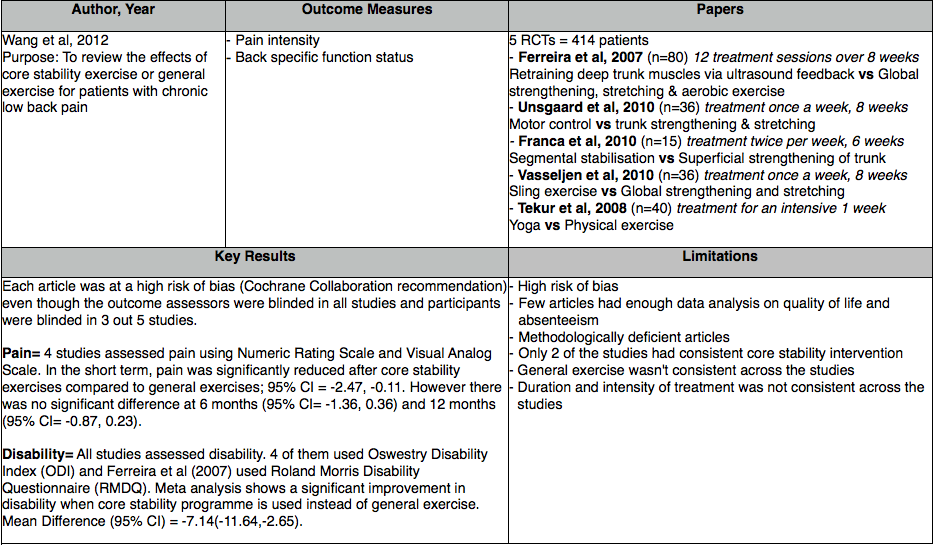Rhabdomyolysis: Difference between revisions
Emily Kordik (talk | contribs) No edit summary |
Emily Kordik (talk | contribs) No edit summary |
||
| Line 41: | Line 41: | ||
Below is a chart that describes the risk factors for rhabdomyolysis as well as examples of the risk factors and associated signs and symptoms.<span style="mso-spacerun: yes"> </span> <!--EndFragment--> <br> <!--StartFragment--> | Below is a chart that describes the risk factors for rhabdomyolysis as well as examples of the risk factors and associated signs and symptoms.<span style="mso-spacerun: yes"> </span> <!--EndFragment--> <br> <!--StartFragment--> | ||
[[Image:Table_1.png|center]] | |||
<div><br></div> | <div><br></div> | ||
Revision as of 03:58, 6 March 2010
Original Editors - Students from Bellarmine University's Pathophysiology of Complex Patient Problems project.
Lead Editors - Your name will be added here if you are a lead editor on this page. Read more.
Definition/Description[edit | edit source]
add text here
Prevalence[edit | edit source]
add text here
Characteristics/Clinical Presentation[edit | edit source]
add text here
Associated Co-morbidities[edit | edit source]
add text here
Medications[edit | edit source]
add text here
Diagnostic Tests/Lab Tests/Lab Values[edit | edit source]
Causes[edit | edit source]
Causes for rhabdomyolysis can be broken down into 2 categories, hereditary causes and acquired causes.
Hereditary Causes[edit | edit source]
Those that are at risk for rhabdomyolysis have a family history of disorders dealing with carbohydrate metabolism as well as disorders of lipid metabolism. Disorders of lipid metabolism include malignant hyperthermia, mitochondrial disorders, as well as other genetic disorders.
Acquired Causes[edit | edit source]
Some of the most common acquired causes include trauma or crush injury, toxic, sever muscle exertion, seizures, shaking chills, delerium tremors, ischemia or muscle necrosis, metabolic disorders, bacterial and viral infections, heat-induced (malignant hyperthermia, heat intolerance, heat stroke), inflammatory, certain drugs (overuse or overdose) such as cocaine, amphetamines, statins, heroin, PCP, as well as low phosphate levels.
Below is a chart that describes the risk factors for rhabdomyolysis as well as examples of the risk factors and associated signs and symptoms.
Risk Factors For Postoperative Rhabdomyolysis[edit | edit source]
Systemic Involvement[edit | edit source]
add text here
Medical Management (current best evidence)[edit | edit source]
add text here
Physical Therapy Management (current best evidence)[edit | edit source]
add text here
Alternative/Holistic Management (current best evidence)[edit | edit source]
add text here
Differential Diagnosis[edit | edit source]
add text here
Case Reports[edit | edit source]
add links to case studies here (case studies should be added on new pages using the case study template)
Resources
[edit | edit source]
add appropriate resources here
Recent Related Research (from Pubmed)[edit | edit source]
see tutorial on Adding PubMed Feed
Extension:RSS -- Error: Not a valid URL: Feed goes here!!|charset=UTF-8|short|max=10
References[edit | edit source]
see adding references tutorial.







